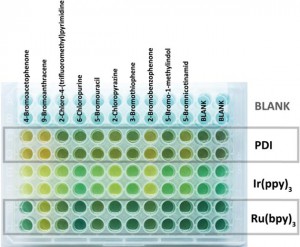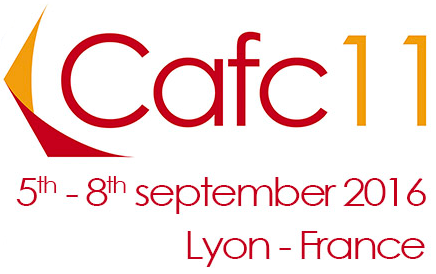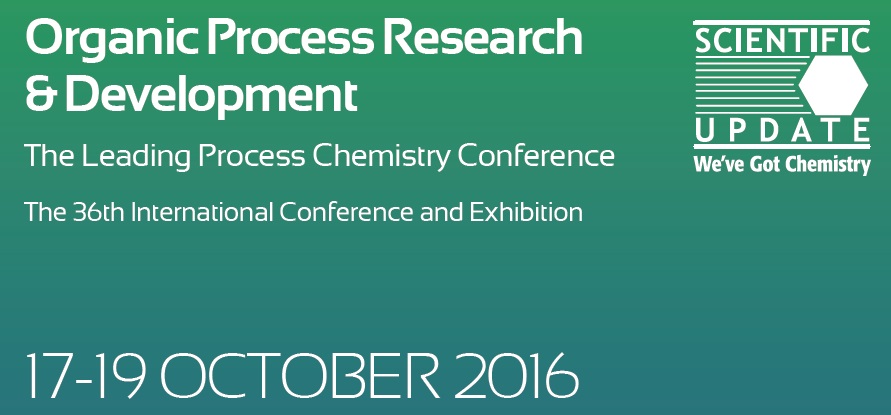This month sees the following articles in Reaction Chemistry & Engineering that are in the top ten most accessed from July – September 2016:
Why not take a look at the articles today and blog your thoughts and comments below.
Towards scalable and controlled synthesis of metal–organic framework materials using continuous flow reactors
Peter W. Dunne, Edward Lester and Richard I. Walton
React. Chem. Eng., 2016,1, 352-360
DOI: 10.1039/C6RE00107F
Self-optimisation of the final stage in the synthesis of EGFR kinase inhibitor AZD9291 using an automated flow reactor
Nicholas Holmes, Geoffrey R. Akien, A. John Blacker, Robert L. Woodward, Rebecca E. Meadows and Richard A. Bourne
React. Chem. Eng., 2016,1, 366-371
DOI: 10.1039/C6RE00059B
Continuous flow Buchwald–Hartwig amination of a pharmaceutical intermediate
Polina Yaseneva, Paul Hodgson, Jacek Zakrzewski, Sebastian Falß, Rebecca E. Meadows and Alexei A. Lapkin
React. Chem. Eng., 2016,1, 229-238
DOI: 10.1039/C5RE00048C
Monolith-based 68Ga processing: a new strategy for purification to facilitate direct radiolabelling methods
Ping He, Benjamin P. Burke, Gonçalo S. Clemente, Nathan Brown, Nicole Pamme and Stephen J. Archibald
React. Chem. Eng., 2016,1, 361-365
DOI: 10.1039/C6RE00081A
A multistep continuous flow synthesis machine for the preparation of pyrazoles via a metal-free amine-redox process
Jian-Siang Poh, Duncan L. Browne and Steven V. Ley
React. Chem. Eng., 2016,1, 101-105
DOI: 10.1039/C5RE00082C
Kinetics analysis and automated online screening of aminocarbonylation of aryl halides in flow
Jason S. Moore, Christopher D. Smith and Klavs F. Jensen
React. Chem. Eng., 2016,1, 272-279
DOI: 10.1039/C6RE00007J
Controlled generation and use of CO in flow
Steffen V. F. Hansen, Zoe E. Wilson, Trond Ulven and Steven V. Ley
React. Chem. Eng., 2016,1, 280-287
DOI: 10.1039/C6RE00020G
Structuring hybrid palladium nanoparticles in metallic monolithic reactors for continuous-flow three-phase alkyne hydrogenation
Davide Albani, Gianvito Vilé, Mario Alejandro Beltran Toro, Rolf Kaufmann, Sharon Mitchell and Javier Pérez-Ramírez
React. Chem. Eng., 2016,1, 454-462
DOI: 10.1039/C6RE00114A
Hydrogenation of 2-methyl-3-butyn-2-ol over a Pd/ZnO catalyst: kinetic model and selectivity study
S. Vernuccio, R. Goy, Ph. Rudolf von Rohr, J. Medlock and W. Bonrath
React. Chem. Eng., 2016,1, 445-453
DOI: 10.1039/C6RE00093B
Hydrogenation of the liquid organic hydrogen carrier compound dibenzyltoluene – reaction pathway determination by 1H NMR spectroscopy
G. Do, P. Preuster, R. Aslam, A. Bösmann, K. Müller, W. Arlt and P. Wasserscheid
React. Chem. Eng., 2016,1, 313-320
DOI: 10.1039/C5RE00080G











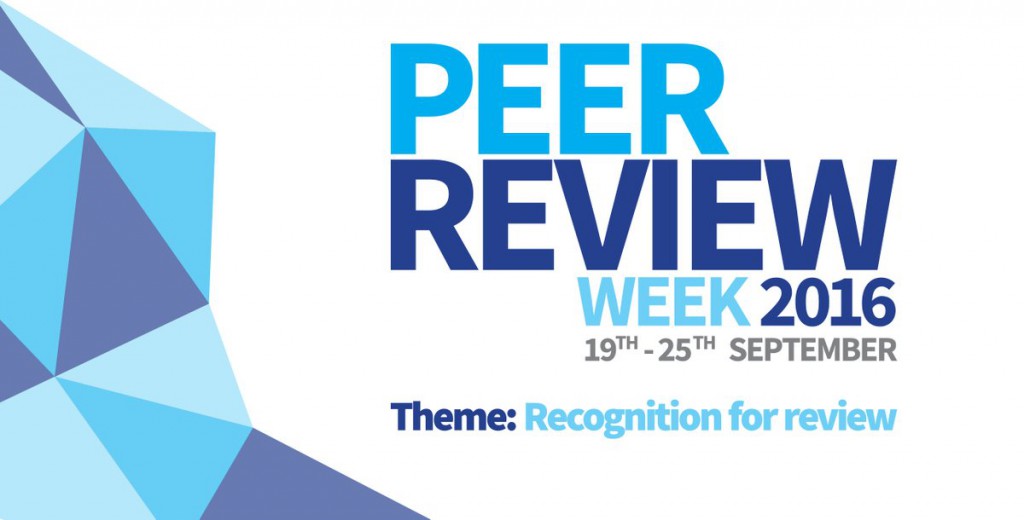
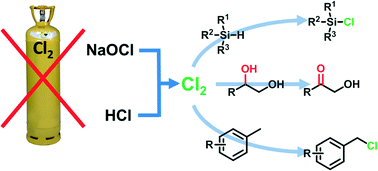



 The speakers will discuss the latest issues in synthetic route design, development and optimisation, reactor design, work up and purification, crystallisation, polymorphism, catalysis, and quality and regulatory issues. The presentations will be from either speakers within the chemical industry or academics with a strong link to industrial process development, so the material presented will be of particular relevance to all chemists and biochemists in industry, as well as graduate students considering a career in industry.
The speakers will discuss the latest issues in synthetic route design, development and optimisation, reactor design, work up and purification, crystallisation, polymorphism, catalysis, and quality and regulatory issues. The presentations will be from either speakers within the chemical industry or academics with a strong link to industrial process development, so the material presented will be of particular relevance to all chemists and biochemists in industry, as well as graduate students considering a career in industry.